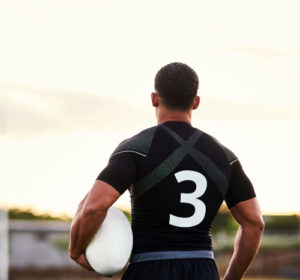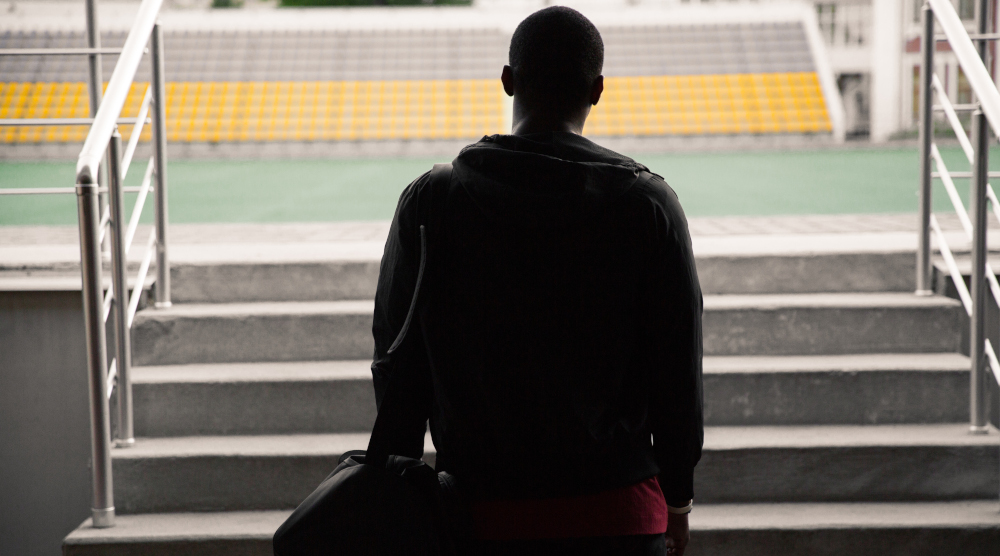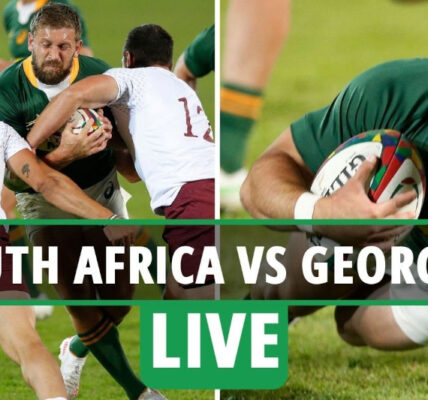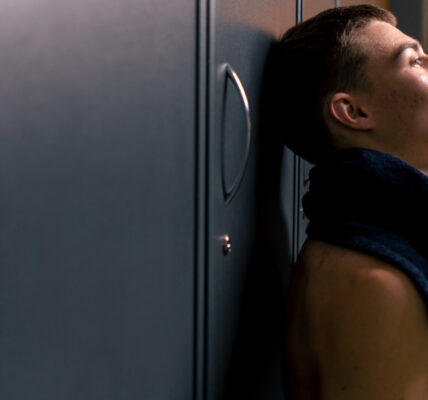There’s a silence that follows the dream no one warns you about. It doesn’t happen on the field, or in the team bus, or during a warm-down. It happens at home, often alone, when the letter doesn’t come, or the phone call is short and polite, or the message reads like a final door closing. You’re nineteen, maybe just out of school, maybe still finishing your last exams, and someone, somewhere, decides that your time is up. They don’t say it cruelly. They say it with structure, with process. “You haven’t been selected for the next phase.” “We’ve decided to go in a different direction.” “Thanks for your contribution.” And just like that, the thing you’ve been building your identity around since you were nine years old, since you first pulled on that kit and heard your name called, is gone.
In KwaZulu-Natal, the schoolboy rugby system is a conveyor belt of talent. Glenwood, DHS, Michaelhouse, Westville, they produce player after player with the same precision as any academy. But not everyone moves forward. The margins are thin. You can play three stellar seasons, carry a team through muddy away fixtures, make provincial trials, and still not be picked. Some fall to injury. Some to politics. Some to the simple mathematics of not being the best on the day. And for those players, the game doesn’t end with a dramatic injury or a farewell tour. It ends in quietness. In the way WhatsApp group messages stop. In the emails you read twice to make sure you’re not misunderstanding.
For Matthew Jonas, it ended at nineteen, during his first pre-season with a provincial academy in Durban North. He had been a powerful centre at school, fast and physical, known for making space where there wasn’t any. The Sharks development squad brought him in on a provisional contract. He moved into a shared flat, started training at 5 a.m., did everything right. But during his second month, he felt something in his knee shift during a contact drill. The physio said it wasn’t serious. The coach said rest. Three weeks passed. Then the phone call came, the squad had been trimmed. He didn’t make it. His contract wasn’t being renewed. Just like that, it was over.
At nineteen, Matthew went back to his parents’ house in Amanzimtoti. He didn’t speak about it much. The gear stayed in his bag for weeks. His boots, still muddy from the last training session, were never cleaned. At night he scrolled through social media, watching his former teammates sign with Varsity Cup teams, announce scholarships, pose in gym kits next to strength coaches. He tried going to a few practices at his old club, but something felt off. The intensity was gone. The rhythm disrupted. Everyone expected him to be further along by now.
He enrolled in a business course at DUT, mostly to stay busy. Rugby had been his map. Without it, everything felt formless. Mornings were quieter. There were no schedules, no diet plans, no video reviews. For the first time in a decade, he had to decide who he was without the game. And it was harder than he expected. People still asked. “You still playing?” “What happened with the Sharks?” “Aren’t you going to try again?” He would smile and say he was focusing on other things, but the ache sat behind his ribs.
There are dozens of Matthews across the province. Players who made first team selections, who played under lights at Kings Park, who were on the radar. And then they weren’t. The transition isn’t dramatic. It’s subtle. And that’s what makes it so difficult. There’s no obvious failure to point to. Just a gentle drifting out of relevance. A former teammate doesn’t respond. A coach forgets your name. Your kit doesn’t fit anymore. Slowly, the identity fades.
 Some of them return to the game years later. Not as players, but as coaches, referees, or mentors. They find their way back on their own terms. Others close the chapter completely. They become fathers, teachers, accountants, salesmen. But the memory of the game stays sharp. Not just the wins, but the way it made them feel. The version of themselves they were when they were inside the lines, part of the team, being seen. That version lingers.
Some of them return to the game years later. Not as players, but as coaches, referees, or mentors. They find their way back on their own terms. Others close the chapter completely. They become fathers, teachers, accountants, salesmen. But the memory of the game stays sharp. Not just the wins, but the way it made them feel. The version of themselves they were when they were inside the lines, part of the team, being seen. That version lingers.
It’s not all grief. There’s growth, too. Because when the game leaves you at nineteen, you learn how to build yourself from scratch. You learn how to sit in disappointment without letting it harden. You learn that identity has to be bigger than a jersey number or a highlight reel. And sometimes, you even learn to love the game again. Not because it gave you everything, but because it gave you a glimpse of something honest, and then forced you to grow without it.
At a community tournament in Harding earlier this year, Matthew came to watch. Not as a player. Just to see what the younger guys were doing. He sat on the edge of the field, under the shade of a canvas, and sipped a warm drink. Someone recognised him. A coach who remembered his Craven Week try. They spoke briefly. Not about lost potential. Just about the game. About who looked good. About who was hungry. And in that moment, there was no bitterness. Just memory. Just the rhythm of rugby coming back in small ways.
The dream ends, but it doesn’t vanish. It becomes part of your story, whether you speak it or not. Whether you hang your boots in plain sight or leave them packed away in the garage. It remains in the way you carry yourself. In how you speak about pressure, and teamwork, and what it means to be seen and unseen. In the way you remember that first try, that long bus ride, that coach who believed in you for just long enough to make it real.
What happens when the dream ends at nineteen? You learn to breathe again. You learn to listen to your body without punishing it. You find new versions of courage. And if you’re lucky, you remember the best of what the game gave you. And maybe, when the noise quiets and the spotlight fades, that’s where the real story begins.




